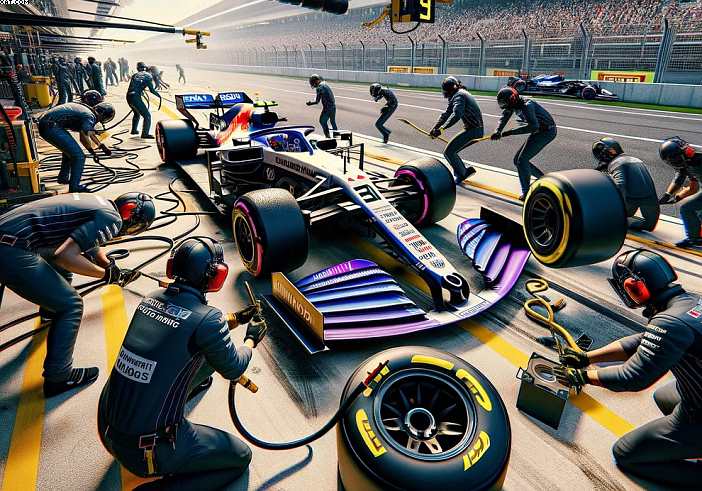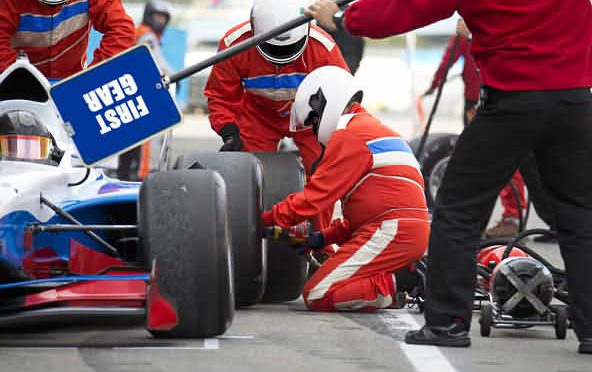Table of Contents
Pirelli F1 Tyres

Pirelli F1 Tyres
Pirelli is Pirelli F1 Tyres considering a plan to deliver more varied action in Formula 1, with its new deal to be tyre supplier from 2017 now all but done.
Italian tyre giant supplier retain new season after Michelin Challenge.
It looks as though the long battle of claims and counter claims between Pirelli F1 tyres and Michelin tyres may be over?
Bernie Ecclestone announced the decision on television just before the Russian Grand Prix. This will mean that Pirelli F1 tyres will stay the official F1 series tyre supplier from 2017.
The two giants of the tyre world have been in talks with Bernie Ecclestone for several weeks now and he has come up with the tyre company that he believes will do the best job for F1 racing. The deal has now been completed with Pirelli F1 tyres coming up with the best deal going into the future.
Michelin tyres has been busy in recent times
buying two online tyre retailers, one in Europe and the other in the UK. They also supply many of the other motorsport race events, including Formula E and Le-Man’s 24-hour racing in France.
Pirelli F1 tyres have had mixed fortunes in trying to find the correct compounds that strike the right balance between being too soft and too hard, causing grip problems.
Pirelli F1 Tyres
Of course, Pirelli Tyres say that they want 2017 to be more experimental. Especially with the emphasis on perhaps more pit stops. Due to using softer compounds.
Pirelli has faced a tough time in finding the right balance between tyres that degrade too much, and those that are too conservative like this year.
An Avid F1 racing fan, Lee Churms, recently answered a Facebook comment…
“F1 tells the tyre supplier”
to make and bring the compound that will make sure options last around 10–20 laps, prime 20–30 laps. For each circuit. That’s why they have different compounds. 40 or more laps could only happen if a hard compound tyre was brought to a low-tyre wear circuit. Like Monaco.
But F1 does not allow that. It’s too slow. You will also struggle with low tyre temp. Obviously a softer compound is faster and can make up for the extra pit stop you will have to do. It will also have the right tyre temp.
High-tyre wear tracks are bad for soft tyres
as you’ll have to pit at least every 8–10 laps. Overheating will occur and you won’t be much faster. So extra pitting will be much slower than if you were on a harder and slower compound.”.
Lee sounds to me to be very knowledgeable about F1 tyre matters.
- Hello tyres, world: Winter Tyres blog
- Effectiveness-Winter Tyres
- Winter Tyres versus 4×4
- Mercedes-Benz Switching Winter Tyres
- Winters Tyres Compared to Summers
Sourced through Scoop.it from: www.motorsport.com
Pellon Tyres is now a member or tyresafe.org
- Hello tyres, world: Winter Tyres blog - April 21, 2025
- Effectiveness-Winter Tyres - April 20, 2025
- Winter Tyres versus 4×4 - April 19, 2025

